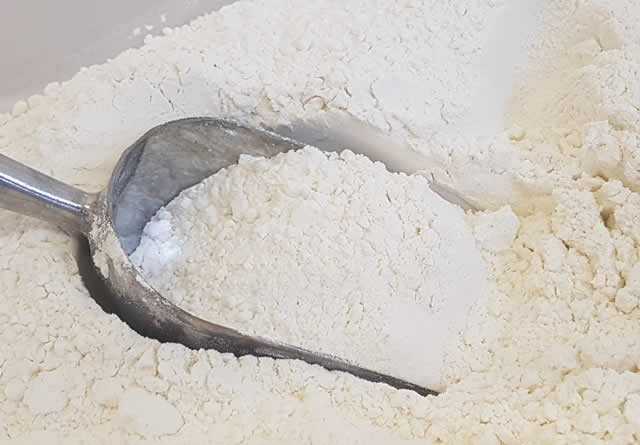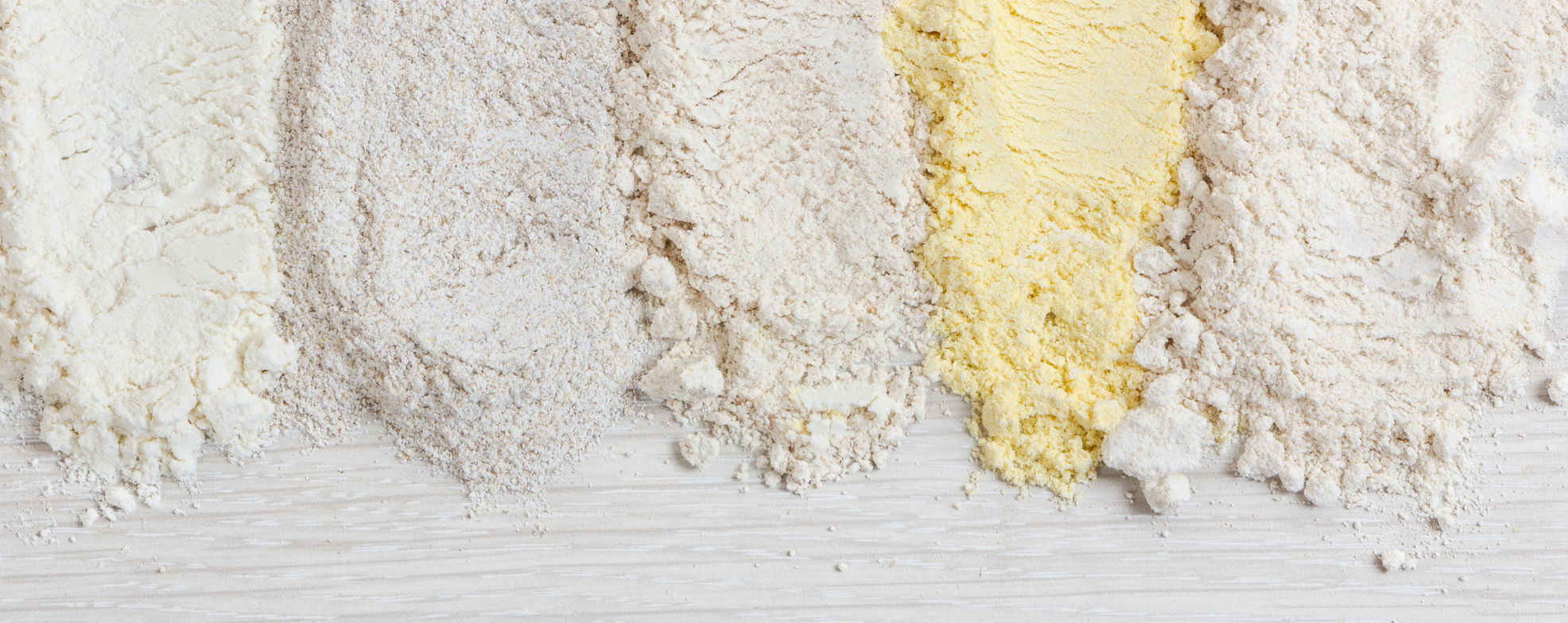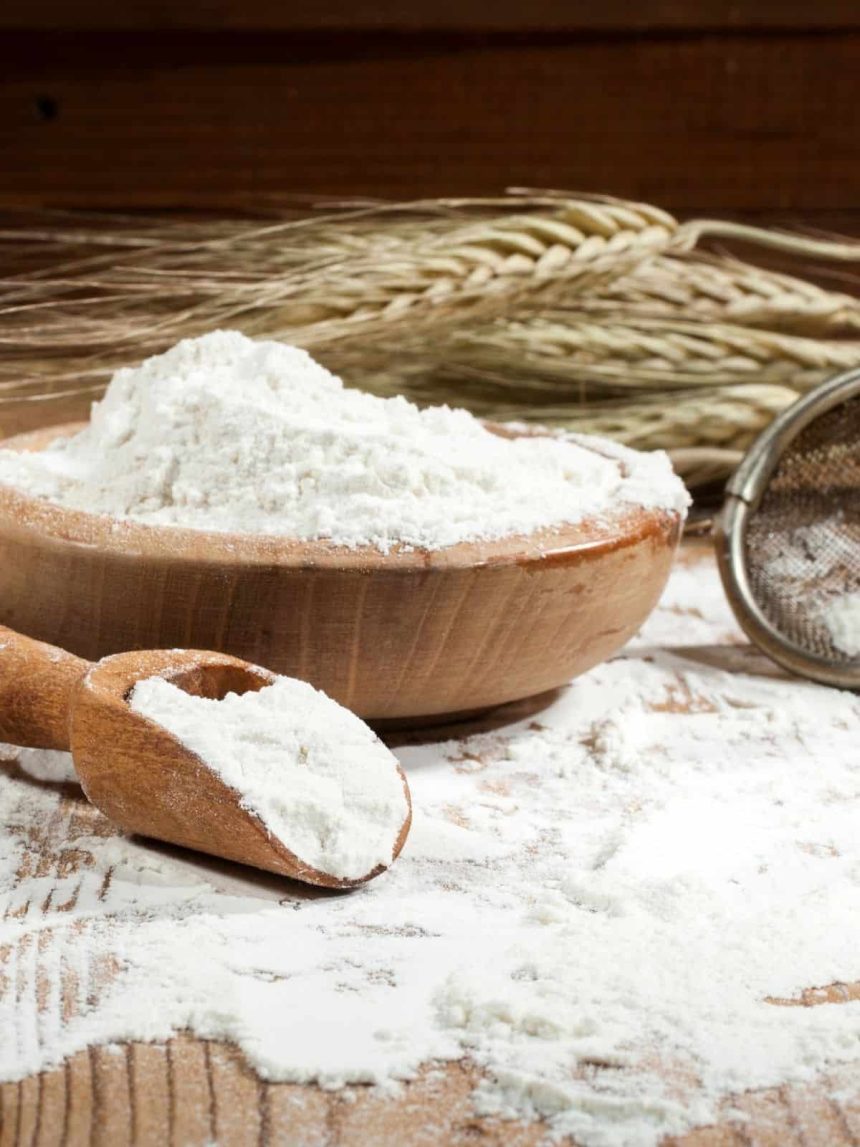From the very beginning, people have revered flour as a source of micronutrients that are essential for human health. Today, we will tell you the truth about all-purpose flour UK.
As its name implies, all-purpose flour is useful for a wide range of different food applications. Flour is the main ingredient in bakery biscuits and breads as well as other daily delicacies such as cake or pastry.
Is it all the same, or is there a difference in the texture and the name? We will answer your question and explain how all-purpose flour is different in the UK compared to other countries.
What is All-Purpose Flour in the UK?

The only difference between all-purpose flour sold in Britain and the rest of Europe is the name. You know flour is everywhere if you are a cook or eater who uses flour a lot. There is little difference between the US and the UK except for the name.
You will notice in American magazines that they call flour all-purpose. In UK English however, all-purpose is called “plain flour”, and it is used for a wide range of purposes.
Plain flour is the same flour that’s used anywhere. The majority of the population prefers this flour because it has the necessary qualities. All-purpose flour, which is lightweight and easy to digest, can be a real blessing for humans.
What makes All-Purpose UK Flour different?
Plain flour is the most commonly consumed type of flour. all-purpose, is the UK. All-purpose or plain flour is the most common type of flour used in Britain. There are many types of flour for different purposes. It is more versatile than bread flour which has a single purpose.
The flour is suitable for both cooking and baking. This flour is low in gluten and has a unique, stretchy texture. It is fine to store plain or all-purpose wheat flour in large quantities, as it has a wide range of uses and is very satisfying. This flour can be used to bake delicious cakes or biscuits or make fluffy bread or slices.
Plain flour or all-purpose flour is unique in that it’s affordable for everyone. The long shelf life makes it easier to store, even for a longer period. It is unlikely that even the most avid bakers and flour consumers will consume it regularly. Its non-expiry will make your life easier.
What is the process of processing All Purpose Flour UK?
The UK’s all-purpose flour is made by mixing softer and harder wheat in mills. The law also mandates that more nutrients be added to the wheat so it has the healthiest qualities.
Fortification is the process of adding the correct amount of nutrients and proteins, such as calcium and iron.
What is the importance of All-Purpose Flour in the UK?
Plain flour contains a variety of vitamins, carbohydrates, and fiber. This flour is rich in vitamins that provide energy to our bodies. The fiber also helps you feel more satisfied with fewer calories. All-purpose flour UK is low in fat and cholesterol, which makes it a great addition to your daily diet.
Fast food is a popular choice for people in a fast-paced world. The result is an increase in obesity and heart attacks caused by cholesterol.
Acids play a part. All-purpose flour can help to revitalize eating habits if your goal is to maintain a diet low in fat but high in volume.
You can eat bread as an evening snack with biscuits or a breakfast option in the morning. The all-purpose UK can be used to supplement your daily food intake.
What is the difference between flour types?

Yes! When buying plain or all-purpose flour, there is a distinction you need to remember. Hard wheat is wheat with a protein content of 12-14 percent.
If you like softer wheat, look for flour with 6-10 percent of protein.
The two types of wheat are different. Harder wheat is best for making crunchy, everyday bread. The plain soft wheat flour is used for making cookies and cakes.
Conclusion
In the UK, all-purpose flour is an excellent option to include in a balanced diet. It can be used for many purposes, and it is wonderful to use.
Flour is the answer, whether you’re a baker who loves to experiment or if your goal is to enjoy wholesome and healthy food. The combination of its nutritional value and high protein content with the low-fat particle count makes this flour a favorite for all.












